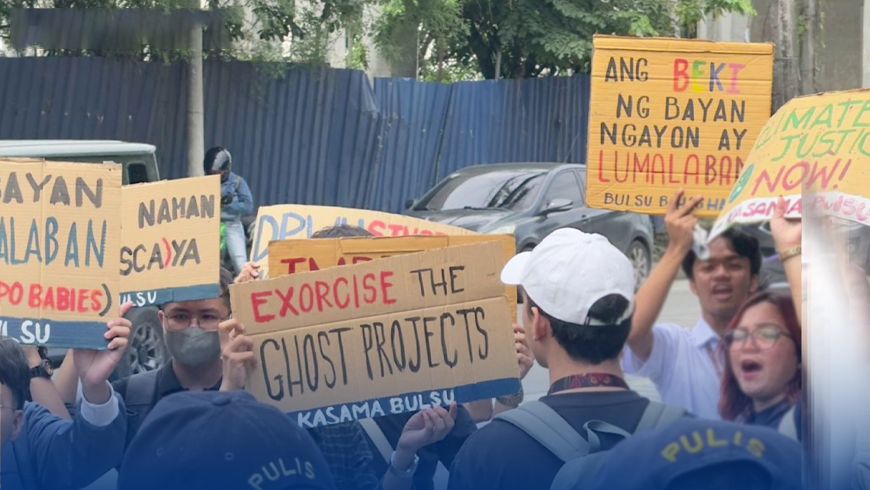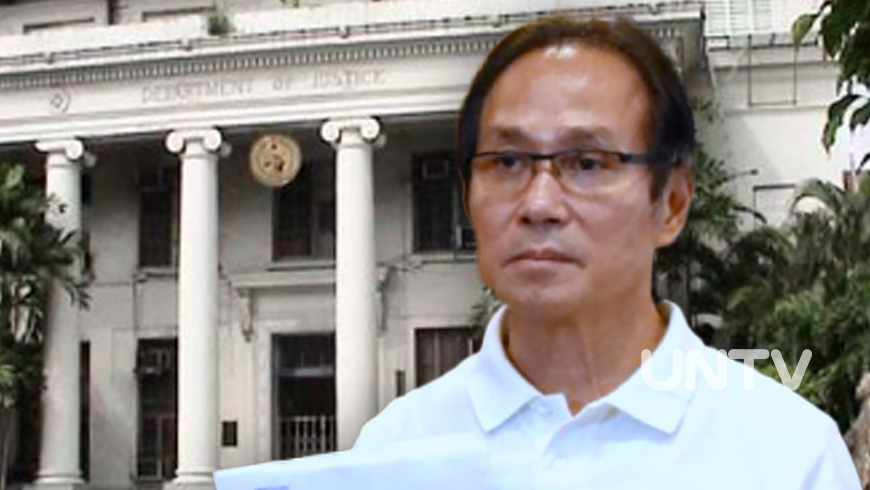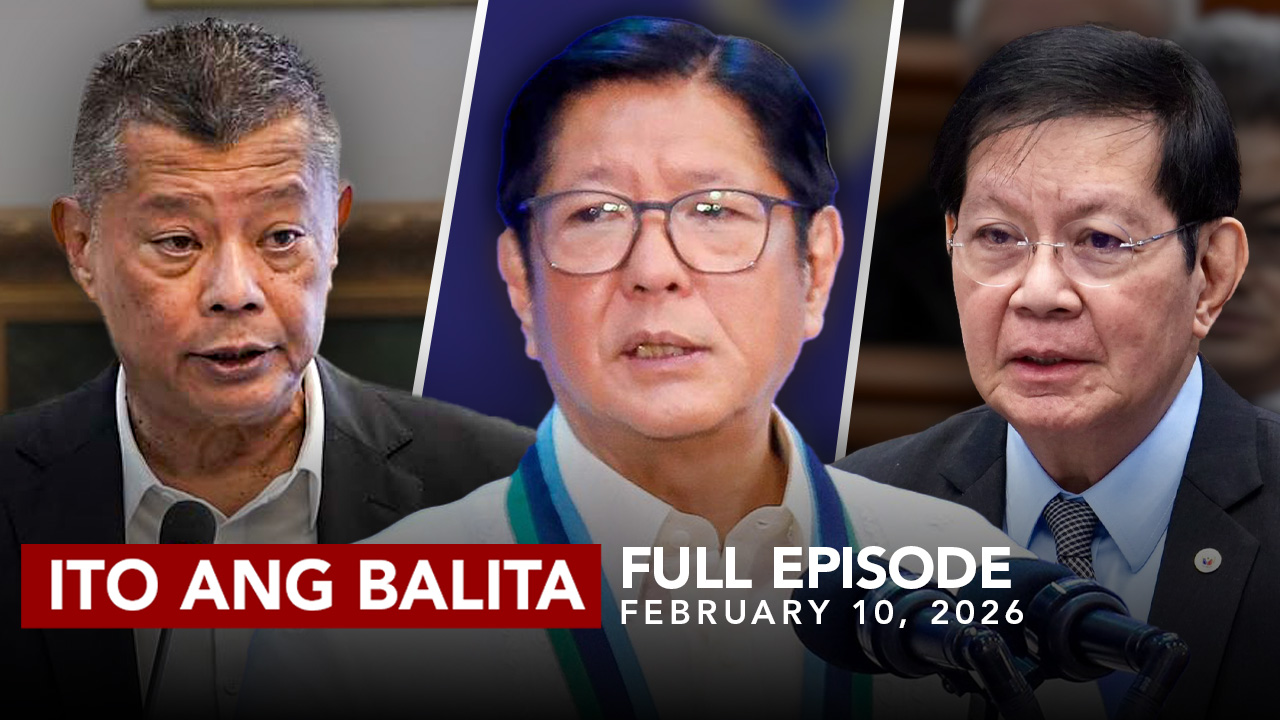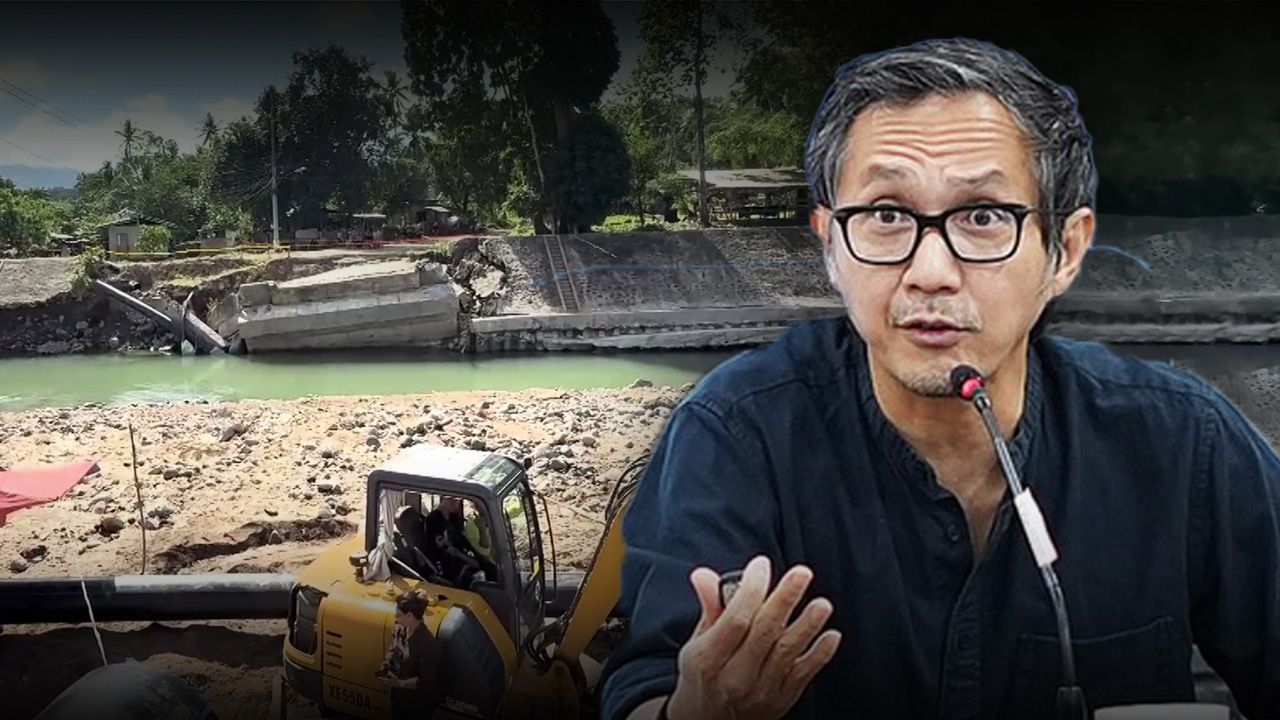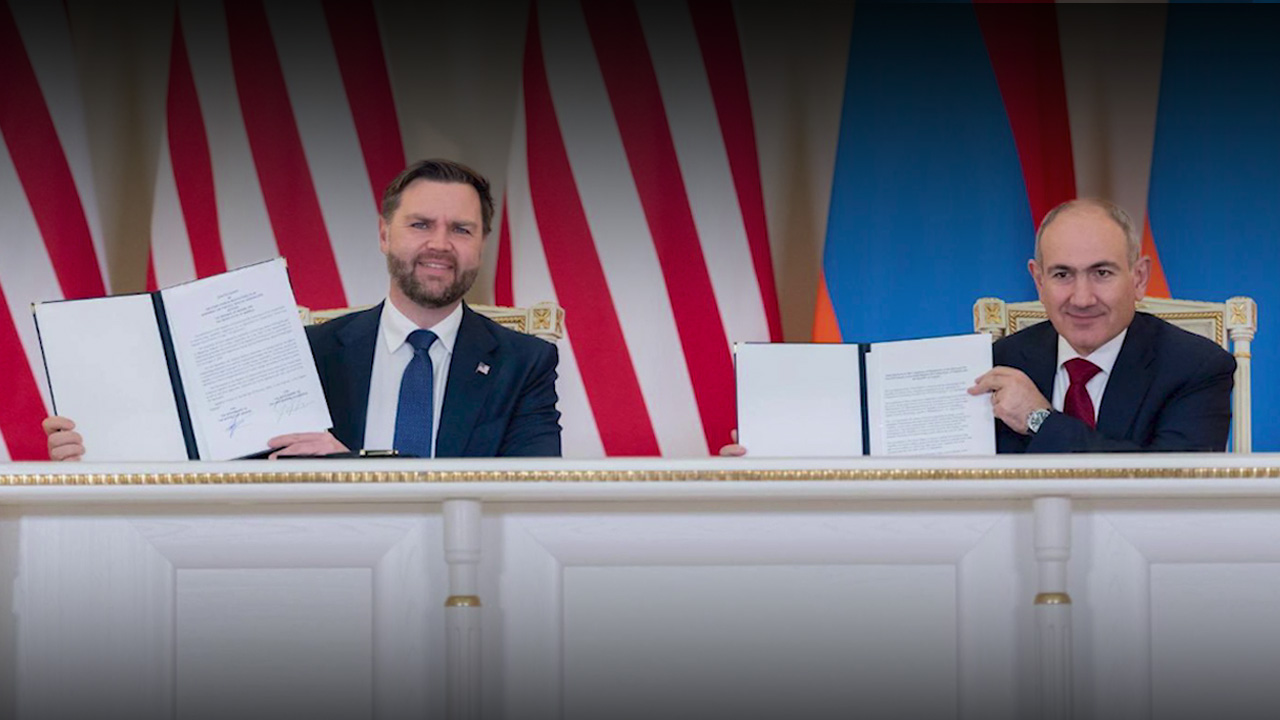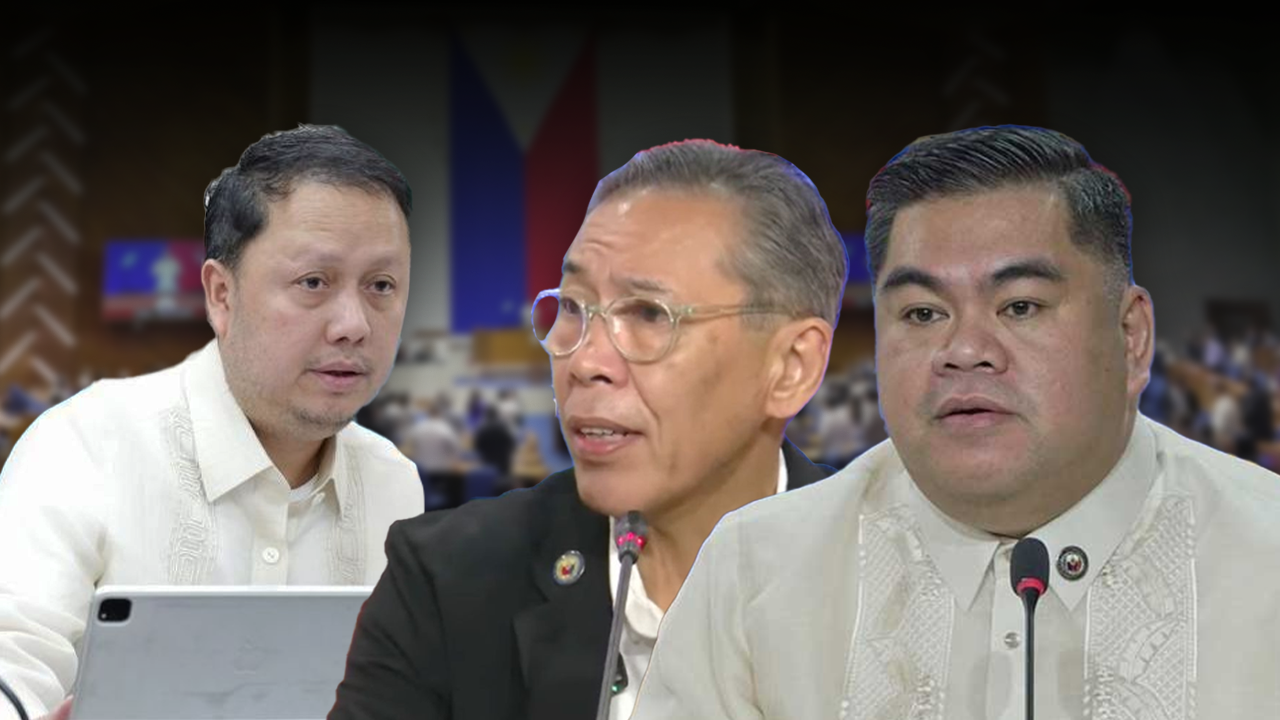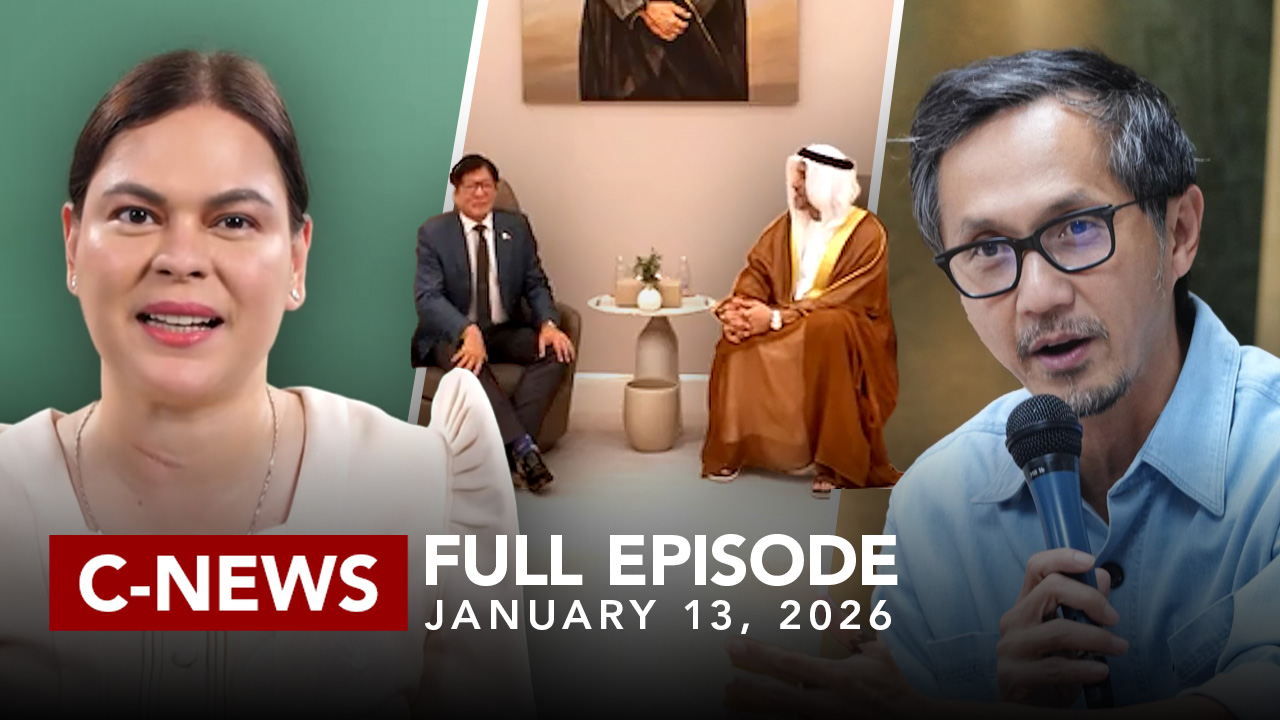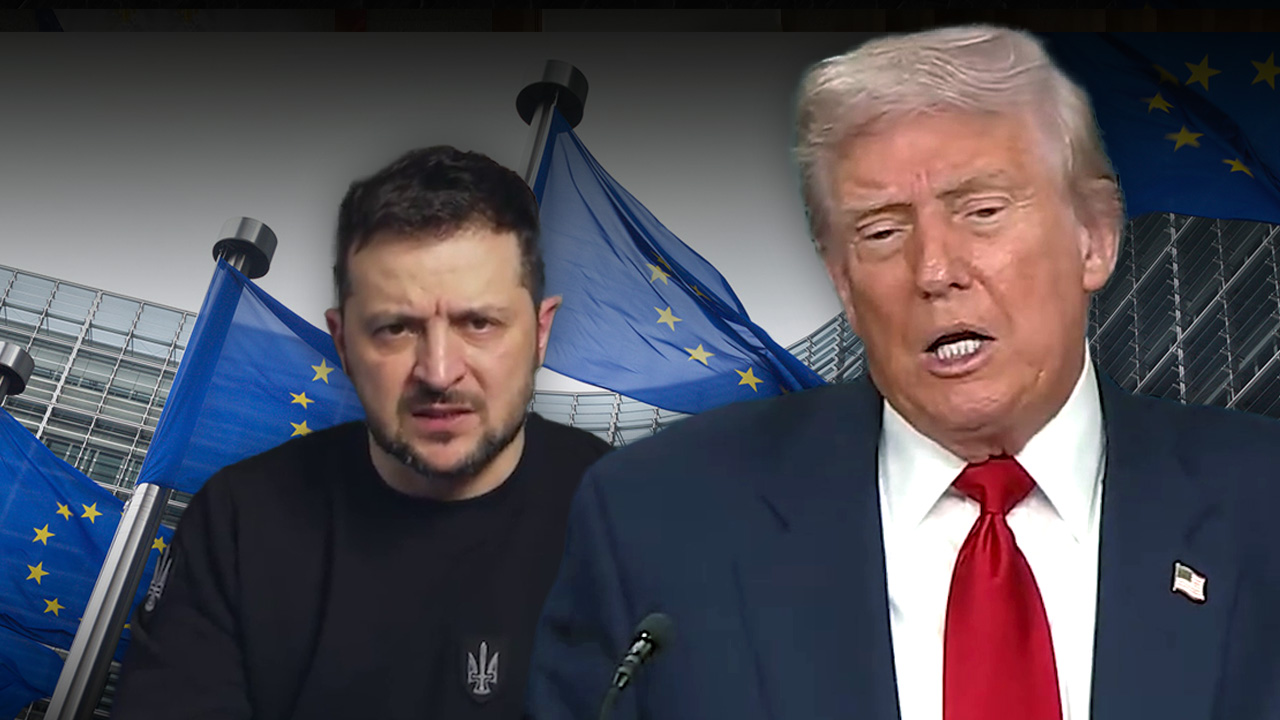Massive rallies set for September 21 as President Marcos admits he'd join protesters if he weren't in office
MANILA, Philippines — Public outrage over billions of pesos stolen through fake and substandard flood control projects is escalating into widespread street protests, with major demonstrations planned for Sunday, September 21, as the scale of corruption continues to shock the nation.
President Ferdinand "Bongbong" Marcos Jr. acknowledged the public's fury on Monday, making the extraordinary admission that he would join the protesters if he weren't president.
"Do you blame them for going out into the streets? If I wasn't president, I might be out in the streets with them. So, you know, of course, they are enraged," PBBM told reporters during a press briefing.
Massive corruption scandal uncovered
The corruption scandal has reached unprecedented proportions, with massive amounts of public funds allocated for flood mitigation projects over recent years found to be either incomplete or completely non-existent. According to the Department of Finance, the economy has suffered significant losses due to these anomalous projects.
The government estimates economic growth has been negatively impacted by corruption in infrastructure works — a devastating blow to a country where millions still live in poverty.
Key findings from investigations:
- A small number of contractors monopolized a disproportionate share of flood control projects
- Dozens of legislators, senators, and public works officials implicated in kickback schemes
- Congressional investigations revealed luxury cars, mansions, and high-stakes casino gambling allegedly funded by stolen public funds
September 21 protests planned across Metro Manila
Two major protest actions are scheduled for September 21:
Morning rally
- Time: 9:00 AM
- Location: Luneta Park (Rizal Park), Manila
- Organizers: University students and activist groups
Afternoon rally
- Time: 2:00 PM
- Location: People Power Monument, EDSA Shrine, Quezon City
- Organizers: Coalition of civil society groups
- Expected attendance: At least 15,000 protesters
The choice of September 21 carries symbolic weight, marking the 53rd anniversary of Ferdinand Marcos Sr.'s martial law declaration in 1972.
EDSA location commemorates the 1986 People Power Revolution that ousted the Marcos family from power.
More than 200 organizations are expected to participate in the protests, with simultaneous rallies planned in other major cities including Cebu, Cagayan de Oro, Baguio City, and Bohol.
Government and military response
As protests intensify, Defense Secretary Gilberto Teodoro Jr. and military chief Gen. Romeo Brawner Jr. issued a joint statement rejecting calls for the armed forces to withdraw support from Marcos.
The military dismissed "all attempts to patronize the Armed Forces of the Philippines by certain groups that insinuate or suggest unconstitutional, unilateral interventions."
A confidential government security assessment indicates that while opposition groups are joining the public outrage, a major uprising remains unlikely without military support, citing strong institutional loyalty among uniformed services.
PBBM emphasized that demonstrations should remain peaceful, noting that unlike recent violent protests in Nepal and Indonesia, Philippine rallies have been relatively peaceful with outrage largely expressed through social media and organized demonstrations.
International repercussions
The corruption scandal has already affected international relations, with South Korea suspending its $503 million infrastructure loan to the Philippines for a bridge-building project over corruption concerns.
The suspension came directly amid the flood control project allegations, though the Philippines disputes that any formal agreement existed.
Congressional investigations reveal systematic corruption
Both houses of Congress have launched separate televised inquiries that have exposed the systematic nature of the corruption. Contractors and government engineers have testified about kickback schemes involving sitting politicians, with some officials allegedly receiving tens of millions of pesos in questionable payments.
The investigations have revealed a pattern where contractors used politicians' names to secure projects, with funds then allegedly flowing back through various schemes involving inflated contracts, ghost projects, and substandard work.
Economic impact and public health consequences
The corruption has had devastating real-world consequences. Despite massive spending on flood control, communities continue to suffer from regular flooding that could have been prevented with properly executed projects.
Recent storms and monsoon rains have inundated parts of the country, highlighting the failure of flood control infrastructure that exists only on paper or was built to substandard specifications.
Stakes high for government
As the September 21 protests approach, the demonstrations represent a test of public sentiment and the government's response to widespread corruption allegations. The protests coincide with the anniversary of martial law — a reminder of the Philippines' complex political history and ongoing struggles with accountability.
Organizers have coordinated with local government units to secure permits and ensure safety, with heavy traffic congestion expected around protest sites. The scale and impact of the demonstrations may influence the direction of ongoing investigations and potential reforms to the country's infrastructure procurement system.
The protests mark the latest chapter in the Philippines' long-running battle against systemic corruption, with billions in public funds at stake and public trust in government institutions hanging in the balance.



%201.svg)











